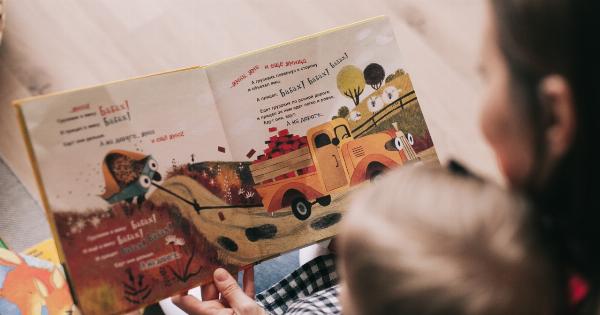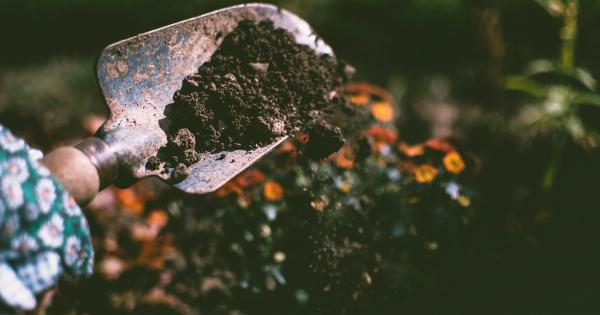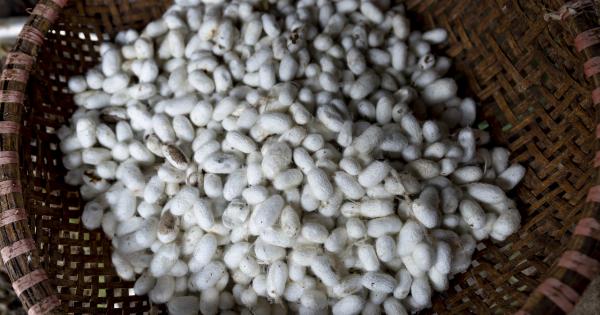For years, cleaning the house has been a tedious chore that most people dread. Every time we dusted, we would wonder if there was a way to make it go away forever.
But, little did we know that the dust we tried to remove excessively could teach us a significant lesson about life.
The science behind dust
Dust is an assortment of minute particles that float around. These particles are usually composed of hair, pollen, skin cells, dirt, and fibres, to mention a few. There are two types of dust: indoor and outdoor dust.
Indoor dust includes dead skin cells, fabric fibres, pet dander, and others. Outdoor dust is made up of volcanic ash, pollen, dirt and dust from construction sites, and other such things.
Although it may look harmless, dust can cause severe respiratory problems, making it a health hazard.
Why dust is important
Have you ever thought about why we dust our homes regularly? It is because dust accumulates everywhere and is made up of hazardous substances and chemical impurities that can be dangerous to our health.
Other than this, dust is an excellent teacher of the fundamentals of maintaining a healthy life. It teaches us the importance of paying attention to small things that can lead to bigger and more significant threats to our health.
Dust teaches us about hygiene
Those tiny dust particles that we see settle down on our furniture and accumulate in corners are far from harmless.
They can lead to the breeding of bacteria and other microorganisms that can cause diseases that could have been easily avoided with good hygiene practices.
Dust can teach us about proper hygiene and the importance of keeping our surroundings clean. This hygiene does not just extend to our homes, but to our work spaces and communities as well.
Good hygiene is vital to our health, and dust makes us realize this in an unpleasant but necessary way.
Dust teaches us about diligence
Diligence is an essential characteristic that helps us to remain focused on our goals. In the case of dust, diligence helps us to keep our surroundings clean continually.
It is natural to complete a task and consider it done. However, with dust, there is no such ending. We need to be diligent in the daily routine of cleaning our homes and other spaces we live in to remain healthy and keep dust at bay.
As we keep our surroundings clean consistently, we become more diligent and focused, and these characteristics help us in achieving the goals that we have set for ourselves.
Dust and mindfulness
Dust has a unique way of making us mindful. When we become mindful of our surroundings, we become more aware of even the tiny dust particles that we usually ignore.
This increased awareness allows us to reflect on the environment and its impact on our lives.
The mindfulness that we develop from cleaning helps us remain focused on other aspects of our lives. As we cultivate a habit of being mindful of our surroundings, we become more mindful of our actions, which lead to an overall improvement in our lives.
Dust teaches us about patience
Cleaning can be tedious, and sometimes it may seem that no matter how much we clean, dust remains a constant presence in our lives.
Dust teaches us patience because as we get more and more in-tune with our surroundings, we realize that cleaning is a daily task that cannot be ignored.
Patience is an essential quality that helps us remain calm and level-headed in situations we cannot control. Dust may be present in our lives always, but how we deal with it and develop an attitude of patience is what makes us better individuals.
Dust teaches us about adaptation
As we learn to live with dust, we become more adaptable. Adapting to different situations is a vital trait that helps us overcome challenges and reach our goals.
Dust teaches us that the environment is constantly changing, and we need to be adaptable to deal with it. As we become more adaptable, we develop a sense of flexibility that allows us to tackle different challenges with ease.
Dust and discipline
Discipline is the backbone of success. In the case of dust, discipline means making cleaning a priority. It teaches us to be disciplined in our daily tasks, and this leads to the discipline we require to achieve more significant goals.
Dust may seem like a small issue, but when we think of how it affects our health and our surroundings, we realize that it is an essential part of our lives.
When we make cleaning a priority and develop discipline, we become more focused on achieving our goals, and this leads to success.
Dust teaches us about persistence
When it comes to dust, persistence is essential. We need to clean regularly to ensure that dust does not cause respiratory problems or breed harmful microorganisms in our homes and workplaces.
The persistence we develop from cleaning helps us in other aspects of our lives as well. As we push through challenges and remain persistent, we develop a sense of resilience that helps us overcome obstacles and reach our goals.
Dust and self-improvement
The lessons we learn from dust can translate to self-improvement. As we become more mindful, diligent, and persistent in our cleaning, we develop these qualities in other aspects of our lives as well.
Dust can teach us about the importance of starting small and building our way up. Small improvements eventually culminate into more significant ones that lead to significant change.
As we clean and become more conscious of our surroundings, we develop a sense of self-improvement that helps us become better individuals.
Conclusion
Dust has always been a major concern when it comes to cleaning. However, it holds valuable lessons that can help us become better individuals.
Being more mindful, diligent, patient, adaptable, disciplined and persistent are but a few of the lessons that we can learn from something as simple as dust.
The lessons of dust can help us improve our outlook on life and the way we approach daily tasks. In essence, the dust that we tried to avoid endlessly can be the very thing that makes us better individuals.






























